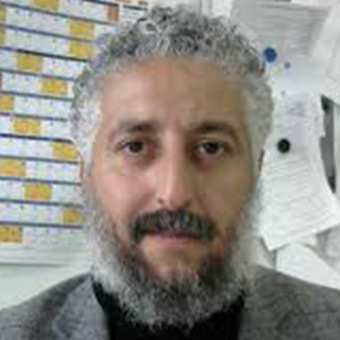Translator, Course Director, Lecturer
Court Interpreter
International Criminal Court
The Hague, Netherlands
[email protected]
My linguistic journey started in my native Morocco, where I obtained undergraduate degrees in English and American literature, and Arabic-English translation. For my Master of Arts in translation at the University of Ottawa, I wrote a thesis consisting of a commented translation of the famous “Epistle” by renowned Arabic translator, scholar and physician Hunayn ibn Ishaq, a Nestorian Christian who was well-versed in Jewish, Persian, Syriac and Greek cultures; he is credited with translating the entirety of Galen’s treaties as well as the vast majority of Greek medical and scientific texs into Arabic and Syriac. His erudition triggered my interest in interpretation/translation as ways to build cultural bridges.
After completing my Master of Arts in conference interpreting in 1999, I worked as a conference interpreter in the Translation Bureau, Ottawa, and more specifically at the Parliament of Canada. For a little over a decade, I served as the Arabic interpreter for successive Canadian prime ministers. I have worked with the University of Ottawa and Glendon College, York University, Toronto, in various capacities: course director, curriculum developer, lecturer and jury member. I have also provided training for prospective interpreters for the ICRC.
I joined the International Criminal Court as a court interpreter in 2010. My current work has given me the chance to combine my passion for languages/cultures and my professional career as an interpreter. I have trained and/or collaborated in the training of interpreters in Zaghawa, Sango, Acholi, French and Arabic. To me, interacting on a regular basis with victims, witnesses, lawyers and co-workers from all over the world is a constant reminder that communication is not merely a matter of word transfer. It goes much deeper than that. Lately, I have been exploring the various sources of miscommunication (“les ratés de communication”) in a multicultural environment, including linguistic lacunae, cultural taboos and axiological issues.
Areas of Interest
- Interpretation
- Translation
- Pedagogy
- Language rights
- Victim rights
